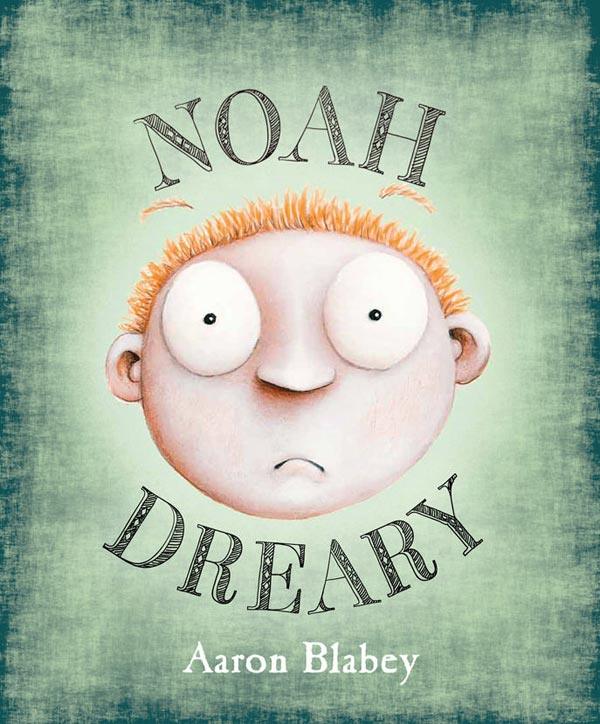Nicole Flattery, Nothing Special, Bloomsbury Publishing, April 2023, 230 pp., RRP $29.99 (pbk), ISBN 9781526612106
Nicole Flattery’s Nothing Special is a captivating coming-of-age tale that delves into themes of friendship, independence, identity, and the yearning for connection, approaching these issues with sensitivity and offering insights into the complexities of human relationships. Throughout the novel, she explores the blurred boundaries between reality and fantasy. Flattery’s writing style is precise and evocative, inviting readers to immerse themselves in the intricate world she constructs. With her sharp observations and astute commentary, she wonderfully captures the absurdities of contemporary life.
Nothing Special revolves around the creation of Andy Warhol’s a, A Novel in 1968, featuring taped conversations transcribed by two schoolgirls. Flattery imagines one of the schoolgirls, Mae, as the narrator, reflecting on her 17-year-old self in 1966. Mae navigates her life, seeking male attention and excitement, having felt ignored at school and abandoned by her mother, an alcoholic who can’t maintain a stable relationship.
Mae forms a friendship with Shelley, another worker at the Factory, both keenly aware of the limitations imposed on them as women but not feeling the need to challenge these constraints. They yearn for significance but are unsure of how to achieve it. Mae and Shelley are tasked with transcribing every conversation that takes place at the Factory. Warhol had recorded every sound and whisper. They approach their duty with diligence, even engaging in subtle competition, meticulously typing every detail, down to the smallest sound.
As the title suggests, Mae and Shelley are not exceptional individuals; they simply happened to find themselves at the Factory at just the right moment. Despite their lack of special status, they are witnesses to every word uttered by prominent figures in the art world. They take pride in their role as transcribers, shaping the narrative through their own interpretations. While the project is not solely theirs, they infuse it with their own personalities. Mae, in particular, begins including more of herself in the transcription, incorporating misspellings, personal emphasis, and inside jokes. She desperately wants to make her mark.
Nothing Special sheds light on the overlooked individuals behind the scenes. Flattery has provided these Factory women, or versions of them, with the opportunity to tell their own story, in their own words. This novel is highly recommended for readers seeking a refreshing and unconventional take on contemporary fiction. It is suggested for readers fourteen years and older due to some strong language and themes including alcoholism.
Reviewed by India Boon






